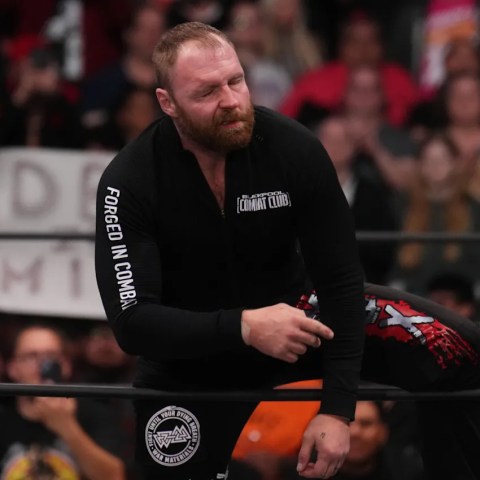In the South Side of Chicago, the mood is tense. Many locals are grappling with a different kind of battle: one for the future of their youth. This area is known for its high levels of violent crime. Just last weekend, a drive-by shooting injured seven people near a police station. Overall, over 58 people were shot in Chicago during the Labor Day weekend.
Rob White, a coach who works with young men trying to distance themselves from gangs, reflects the community’s fear. He points out that the violence is happening right under the watch of a heavily fortified police building. Amid these challenges, President Trump has announced plans to send National Guard troops to Chicago to combat crime.
However, local leaders like Kanoya Ali argue that the real change is already happening. “We are the troops,” he states, emphasizing the community’s resilience and ongoing efforts to address violence.
Statistics tell a different story. Recent data shows that, surprisingly, violent crime in Chicago has dropped significantly over the past two years. Homicides between January and June fell by a third compared to the previous year, according to the Council on Criminal Justice. Superintendent Larry Snelling even noted that there were 125 fewer homicides last year and over 700 fewer shooting victims.
While Trump considers militarizing Chicago, local officials are pushing back against the idea. Illinois Governor JB Pritzker labeled Trump’s plans as “unhinged.” Authorities believe that adding National Guard troops won’t solve the problem, as they lack police powers and emphasis on cooperation between local police and the National Guard will be essential.
White’s community programs, like Chicago CRED, aim to reduce gun violence by empowering young men. During a recent classroom session, he asked the young men how many had been incarcerated or shot. Many hands went up, underscoring the urgency for focused, long-term solutions rather than military presence.
In contrast, some residents express eagerness for military support, like Tom Stack, who feels the city needs stronger measures against crime. He believes that eliminating criminal elements is common sense.
Interestingly, cuts to crime prevention programs under the Trump administration are a significant concern among Democrats. They argue that investments in initiatives targeting gun trafficking and other risks are vital to preventing violence.
Understanding this complex situation reveals that addressing crime is about more than just a show of force. It requires community involvement, adequate funding, and long-term strategies focused on rehabilitation and prevention.
For further reading, check the Council on Criminal Justice’s report on crime trends here.




















